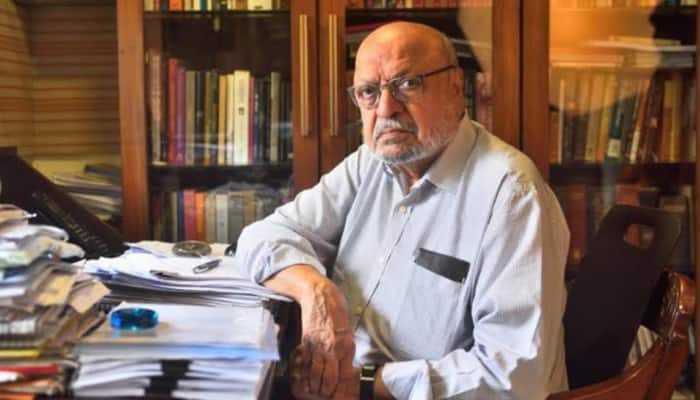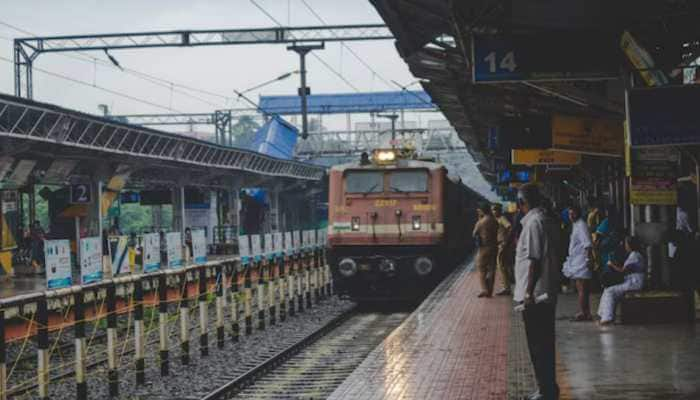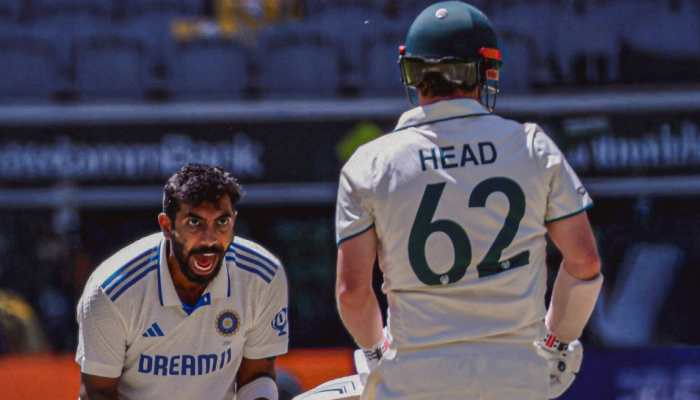COVID-recovered patients should wait for six months for surgery procedures: ICMR advice
The experts said that surgeons should consider performing a non-urgent surgery on a COVID-recovered patient after at least six weeks of recovery date, adding that this will ensure faster healing.
- The experts said that surgeons should consider performing a non-urgent surgery on a COVID-recovered patient after at least six weeks of recovery date.
- Experts added that this decision will ensure faster healing of the patient.
Trending Photos
) Representational Image (Credits: PTI)
Representational Image (Credits: PTI) New Delhi: Many recovered COVID-19 patients are getting repeat RT-PCR/antigen tests done as a part of the pre-operative protocol for non-urgent or elective surgeries, but experts from the Indian Council of Medical Research (ICMR) and the National Task Force (NTF) for COVID-19 are advising against it.
As per a report in The Times of India (TOI) on Monday (May 31, 2021), the ICMR and NTF experts advise against repeating RT-PCR/antigen tests within 102 days of COVID-19 recovery, while pointing out that there are “non-viable dead-virus particles” present in an individuals body, for a while after recovering. These “non-viable dead-virus particles” can cause a false positive test result.
The experts also added that surgeons should consider performing a non-urgent surgery on a COVID-recovered patient after at least six weeks of recovery date, adding that this will ensure faster healing.
“At present, Covid reinfection is confirmed only after 102 days of diagnosis. So, retesting within this time frame is not advisable,” TOI quoted infectious diseases expert Sanjay Pujari, a member of the task force, as saying.
“Also, a minimum period of six weeks prior to non-urgent surgery is recommended for COVID-recovered patients who were symptomatic. As for emergency surgeries in recovering or recovered patients, these must be done immediately with due precautions,” Pujari said.
The experts also added that a COVID-recovered patient’s preoperative risk assessment needs to be individualised, while taking into consideration surgical intensity and risk-benefit ratio for the delay of the procedure.
“Residual symptoms such as fatigue, shortness of breath and chest pain are common in patients who have had Covid. These symptoms can be present for more than 60 days after diagnosis,” Pujari said.
Guilenies by the American Society of Anaesthesiology (ASA) also state that COVID-19 can have long-term effects on the heart function of an individual, and so a thorough preoperative evaluation is a must ahead of surgery. The ASA experts also added that surgeons need to place special attention on cardiopulmonary systems.
Sanjay Kolte, President of Poona Surgical Society was quoted in the reports as saying, “Retesting recovered patients within 102 days from Covid diagnosis only adds to anxiety and is a wastage of money. Importantly, surgeons should adopt universal precautions while performing elective surgery rather than insisting on RTPCR reports.”
The suggestive wait time for the COVID-recovered patients can vary from four to twelve weeks. For instance, experts believe that the procedure on an asymptomatic patient can be performed after four weeks, whereas for a COVID-recovered patient who was admitted to an ICU, the wait can be as long as twelve weeks.
Earlier, ICMR had stated that “there is a possibility of a swab test returning a positive result after detecting non-viable remnants of the virus, even after the infection has cleared the system.”
Stay informed on all the latest news, real-time breaking news updates, and follow all the important headlines in india news and world News on Zee News.
Live Tv







)
)
)
)
)
)
)
)
)
)
